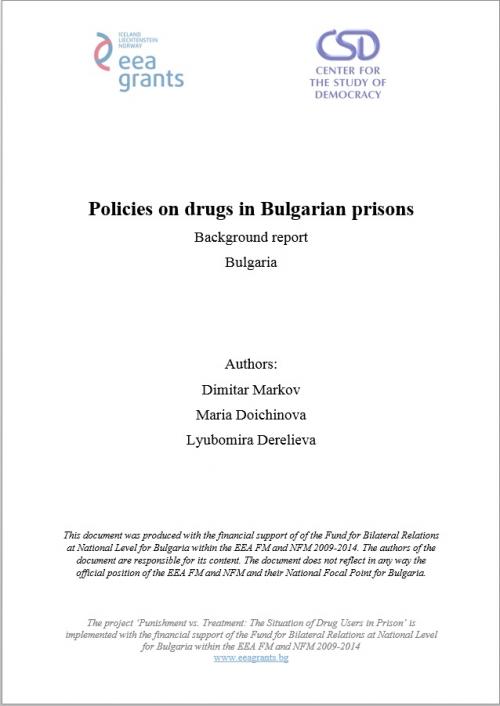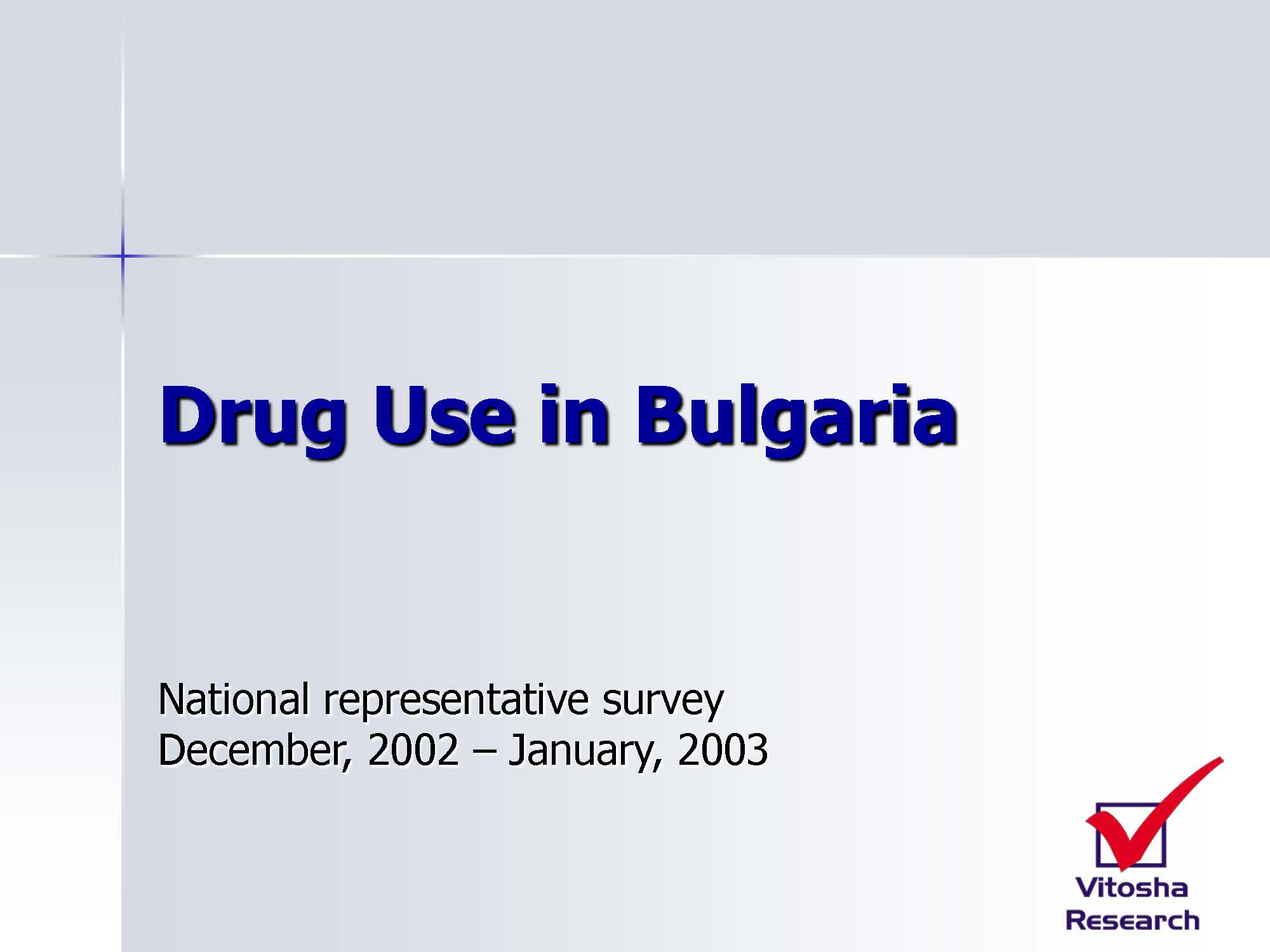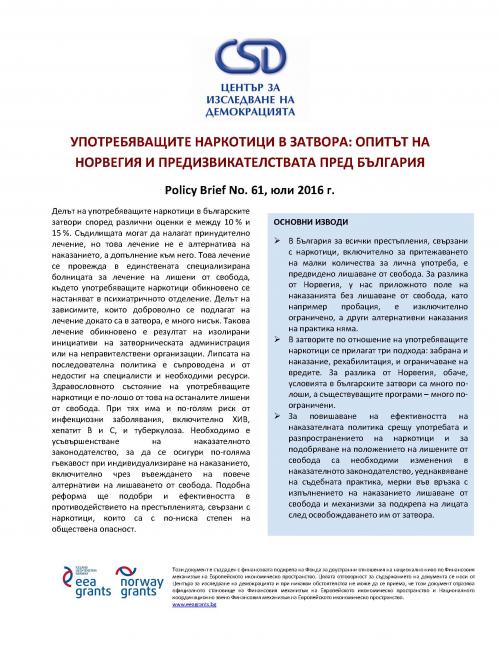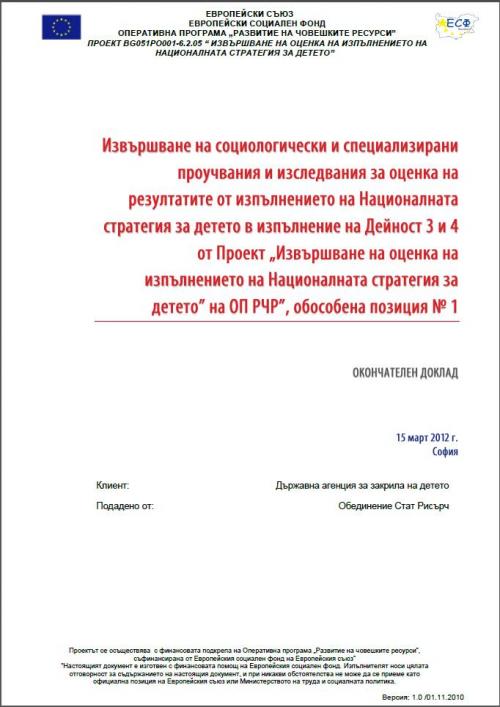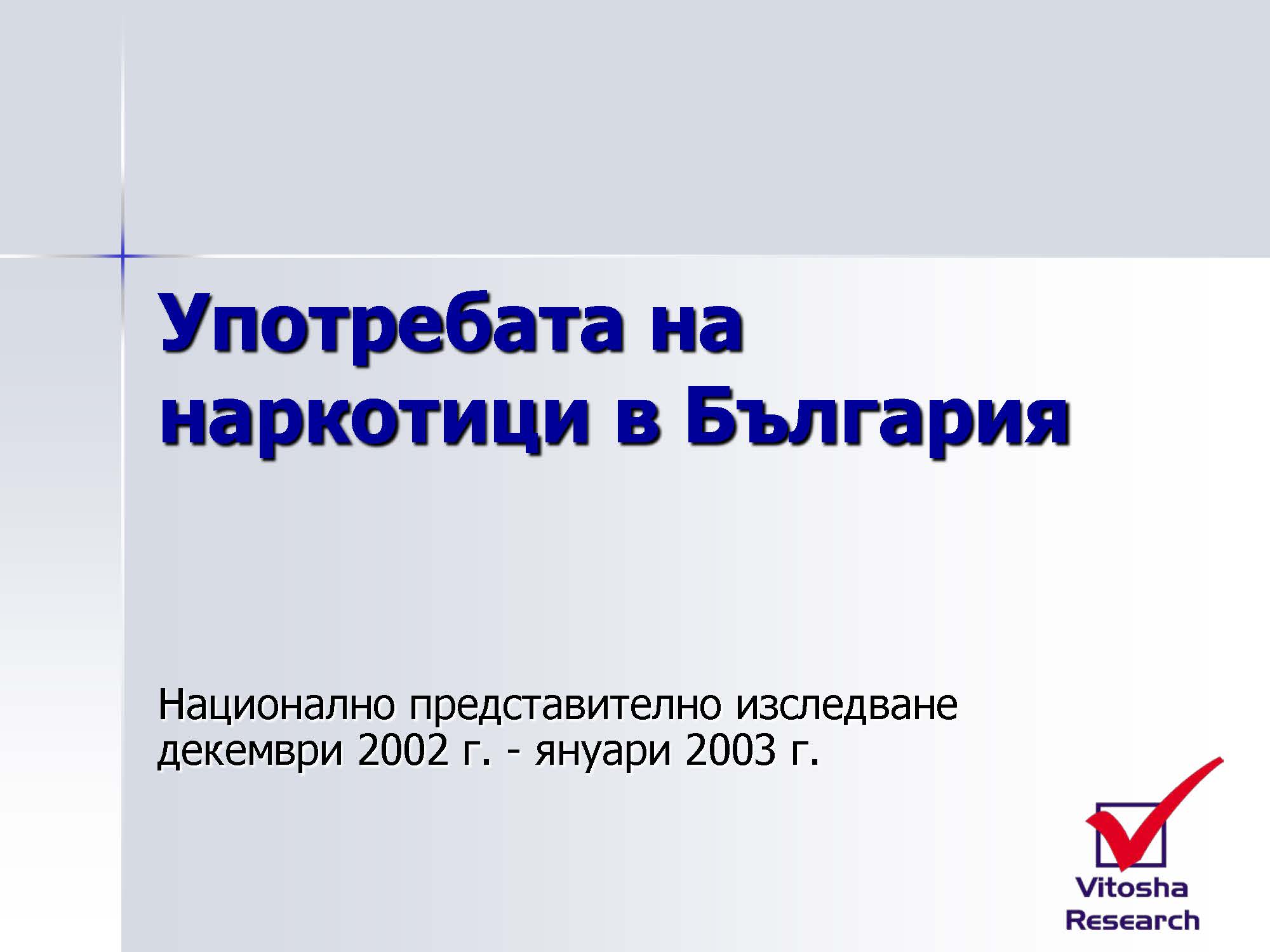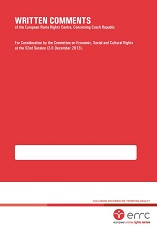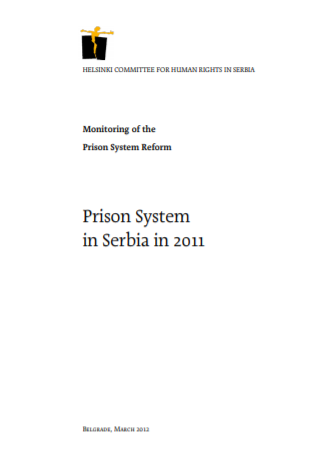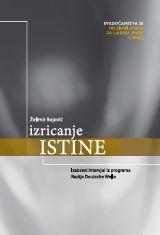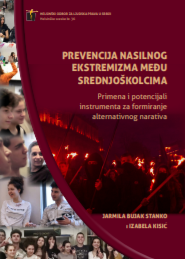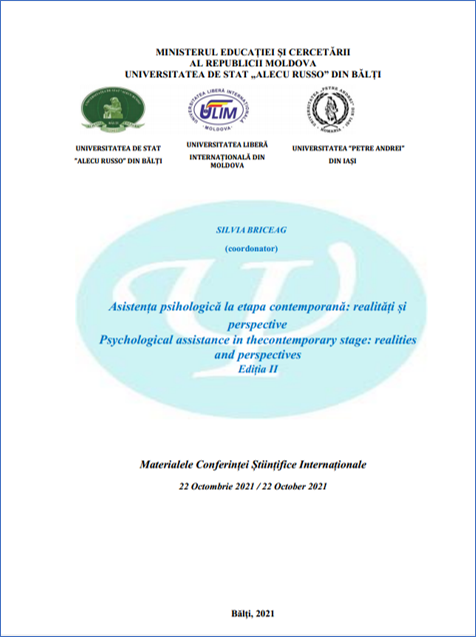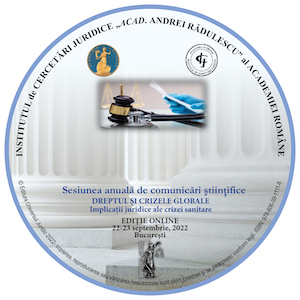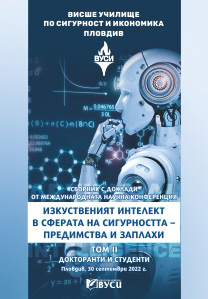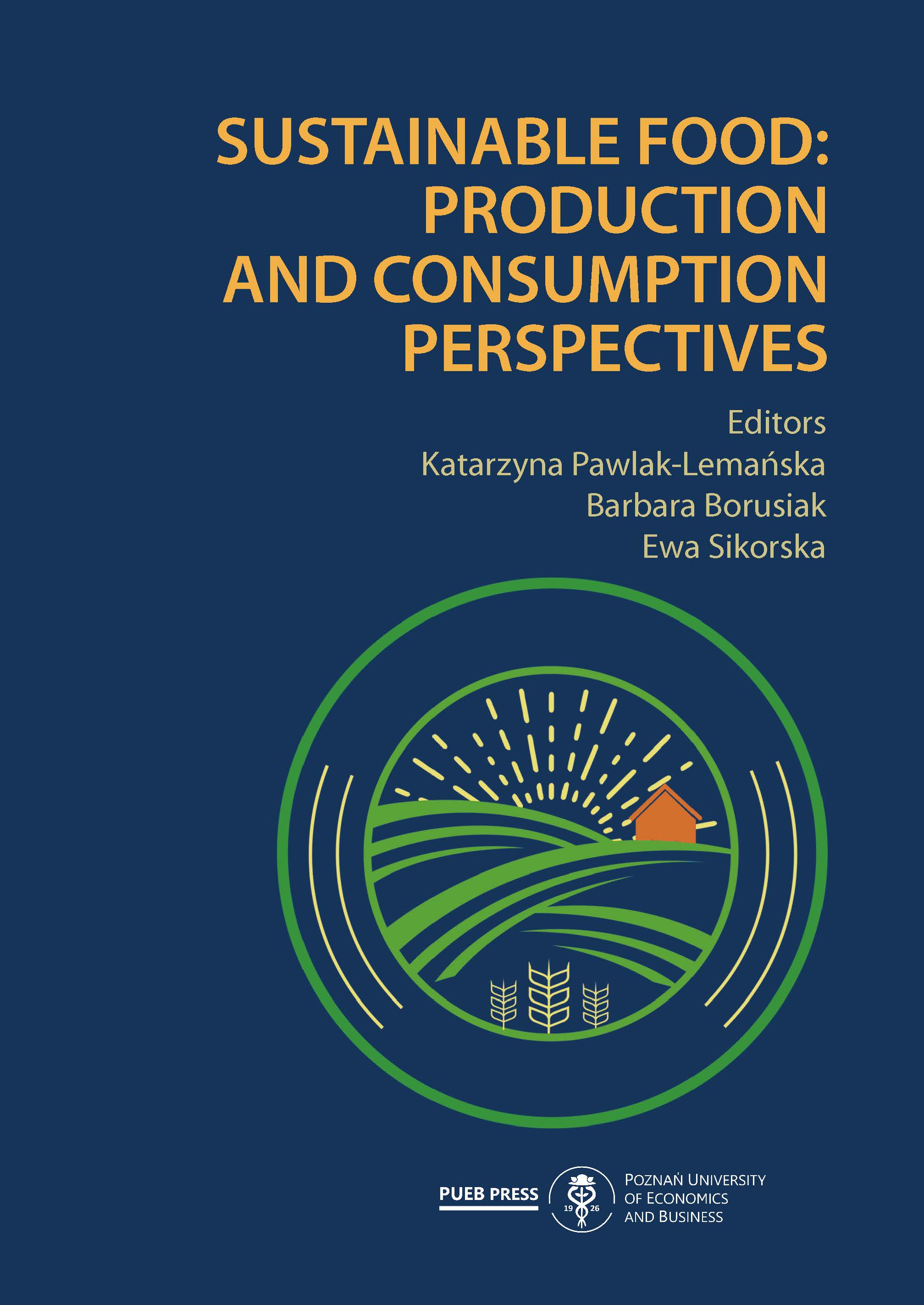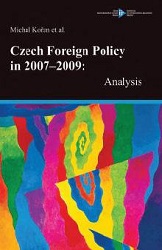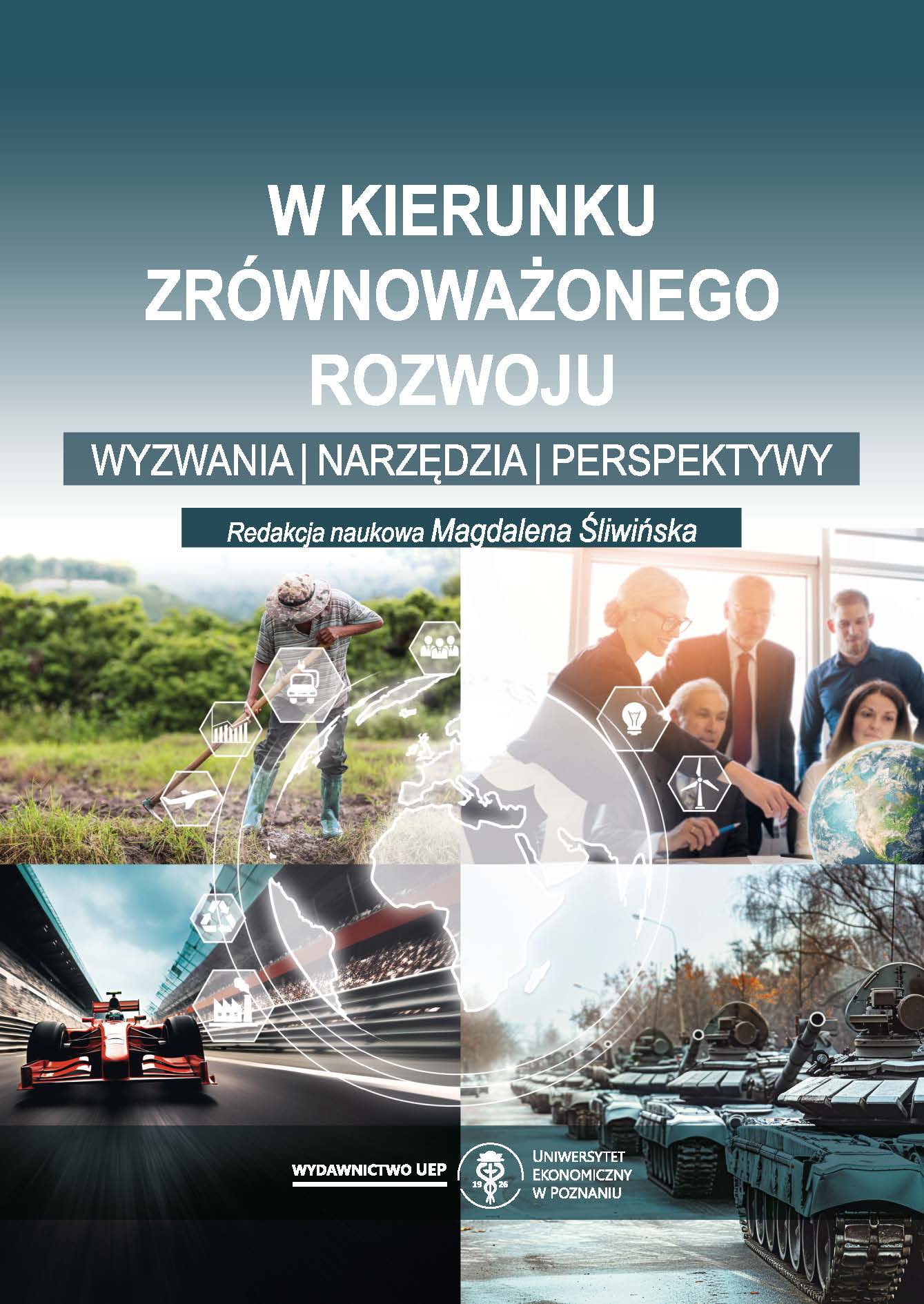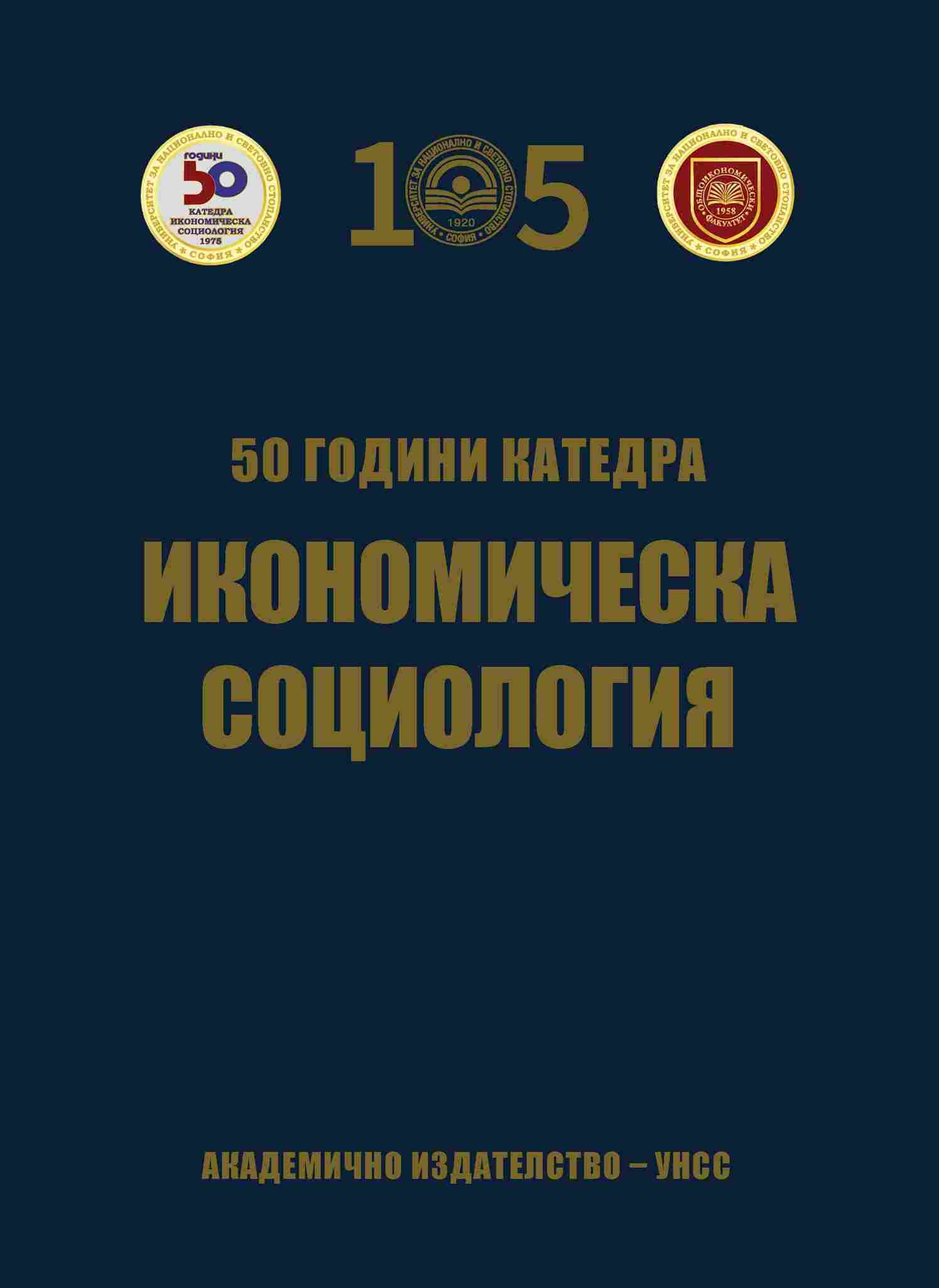Author(s): Vladimir Goati,Drinka Gojković,Bogoljub Milosavljević,Nataša Mrvić-Petrović,Vehid Šehić,Nemanja Nenadić,Ivan Ahel,Vera Ranković,Dragica Vujadinović,Desimir Tošić,Latinka Perović,Goran Cetinić,Nikola Samardžić,Miroslav Hadžić,Zagorka Golubović,Jelica Minić,Dubravka Stojanović,Jovica Trkulja,Norbert Mappes-Niediek,Andrej Mitrović,Radmila Radić,Aleksandar Stevanović,Srećko Mihailović,Todor Kuljić,Alexandra Milenov,Milica Delević-Đilas,Janja Beč-Neumann,Marko Kovačević,Ljubinka Trgovčević,Nenad Prokić,Sonja Biserko,Srđa Popović,Stojan Stamenković,Nataša Kandić ,Mirjana Miočinović,Zoran Stojiljković,Miroslav Prokopijević,Srđan Bogosavljević,Tünde Kovacs-Cerović,Snježana Milivojević,Vladimir V. Vodinelić,Saša Đogović,Čedomir Čupić,Milan Podunavac,Svetlana Lukić,Aleksandar Vučo,Pavle Rak,Olga Popović-Obradović,Andrej Nosov,Desanka Radunović,Mladen Lazić,Ranko Bugarski,Nada Korać,Biserka Rajčić,Dragana Nikolić-Solomon,Biljana Kovačević-Vučo,Milan Vukomanović,Nebojša Bugarinović,Stevan Lilić,Tamara Lukšić-Orlandić,Milorad Timotić,Lazar Stojanović,Aleksandar Baucal,Jelena Milić,Nenad Havelka,Božidar Jakšić,James Lyon,Bogdan Ivanišević ,Sonja Liht,Vuk Stambolović,Ljubiša Rajić,Vesna Rakić-Vodinelić,Richard Daničić,Vesna Petrović,Saša Gajin,Siniša Šikman,Ivan Jovanović,Dragoljub Todorović,Teofil Pančić,Vesna Nikolić-Ristanović,Branislav Čanak,Petar Jevremović,Verica Barać,Mirko Ilić,Gordana Matković,Goran Miletić,Srbijanka Turajlić,Milena Jauković,Ana Miljanić,Ivan Vejvoda,Zorica Trifunović,Dušanka Gačić-Bradić,Dragan Popadić,Dušan Ilija Bjelić,Svetlana Logar,Tanja Mandić-Rigonat,Obrad Savić,Marijana Toma,Miroslav Jovanović,Goran Svilanović,Želimir Bojović / Language(s): Bosnian,Croatian,Serbian
Publication Year: 0
Interviews by Želimir Bojević, with:
1. Goati, Vladimir
2. Gojković, Drinka
3. Milosavljević, Bogoljub
4. Mrvić-Petrović, Nataša
5. Šehić, Vehid
6. Nenadić, Nemanja
7. Ahel, Ivan
8. Ranković, Vera
9. Vujadinović, Dragica
10. Tošić, Desimir
11. Perović, Latinka
12. Cetinić, Goran
13. Samardžić, Nikola
14. Hadžić, Miroslav
15. Golubović, Zagorka
16. Minić, Jelica
17. Stojanović, Dubravka
18. Trkulja, Jovica
19. Mappes-Niediek, Norbert
20. Mitrović, Andrej
21. Radić, Radmila
22. Stevanović, Aleksandar
23. Mihailović, Srećko
24. Kuljić, Todor
25. Milenov, Alexandra
26. Delević-Đilas, Milica
27. Beč-Neumann, Janja
28. Kovačević, Marko
29. Trgovčević, Ljubinka
30. Prokić, Nenad
31. Biserko, Sonja
32. Popović, Srđa
33. Stamenković, Stojan
34. Kandić , Nataša
35. Miočinović, Mirjana
36. Stojiljković, Zoran
37. Prokopijević, Miroslav
38. Bogosavljević, Srđan
39. Kovacs-Cerović, Tünde
40. Milivojević, Snježana
41. Vodinelić, Vladimir V.
42. Đogović, Saša
43. Čupić, Čedomir
44. Podunavac, Milan
45. Lukić, Svetlana
46. Vučo, Aleksandar
47. Rak, Pavle
48. Popović-Obradović, Olga
49. Nosov, Andrej
50. Radunović, Desanka
51. Lazić, Mladen
52. Bugarski, Ranko
53. Korać, Nada
54. Rajčić, Biserka
55. Nikolić-Solomon, Dragana
56. Kovačević-Vučo, Biljana
57. Vukomanović, Milan
58. Bugarinović, Nebojša
59. Lilić, Stevan
60. Lukšić-Orlandić, Tamara
61. Timotić, Milorad
62. Stojanović, Lazar
63. Baucal, Aleksandar
64. Milić, Jelena
65. Havelka, Nenad
66. Jakšić, Božidar
67. Lyon, James
68. Ivanišević , Bogdan
69. Licht, Sonja
70. Stambolović, Vuk
71. Rajić, Ljubiša
72. Rakić-Vodinelić, Vesna
73. Daničić, Richard
74. Petrović, Vesna
75. Gajin, Saša
76. Šikman, Siniša
77. Jovanović, Ivan
78. Todorović, Dragoljub
79. Pančić, Teofil
80. Nikolić-Ristanović, Vesna
81. Čanak, Branislav
82. Jevremović, Petar
83. Barać, Verica
84. Ilić, Mirko
85. Matković, Gordana
86. Miletić, Goran
87. Turajlić, Srbijanka
88. Jauković, Milena
89. Miljanić, Ana
90. Vejvoda, Ivan
91. Trifunović, Zorica
92. Gačić-Bradić, Dušanka
93. Popadić, Dragan
94. Bjelić, Dušan Ilija
95. Logar, Svetlana
96. Mandić-Rigonat, Tanja
97. Savić, Obrad
98. Toma, Marijana
99. Jovanović, Miroslav
100. Svilanović, Goran
More...
